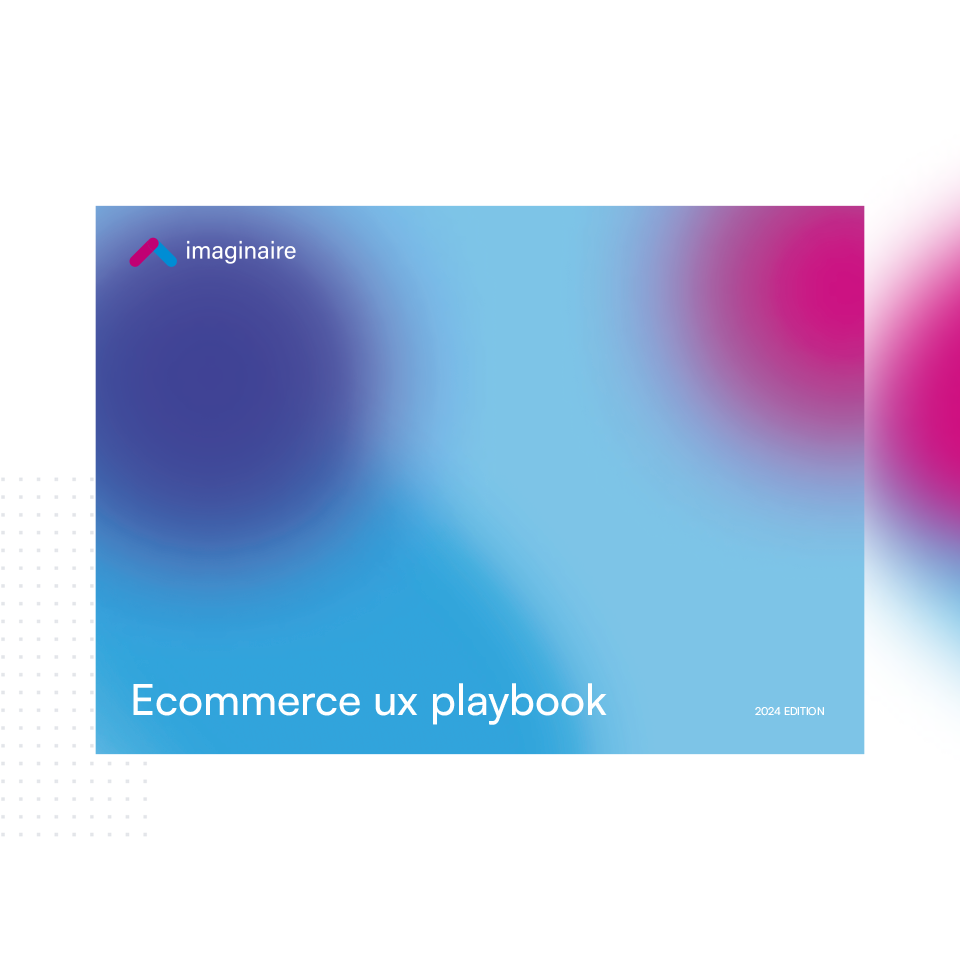If you depend on cookies to get information about your users, then you should be preparing for a cookieless future.
Don’t worry, the real cookies with the chocolate chips remain at the time of writing!
However, the type of cookies that allow you to track users more invasively is going away. That’s because users care about their privacy.
With some cookies revealing intrinsic information about users, various governments and organisations have called for the end of the ability to collect user data without consent.
To help ensure your marketing campaigns don’t suffer as a result of the changes to cookies, here is what you need to do to prepare.
Wait, What’s Happening With Cookies?
It may have come to your attention that data privacy has been a huge talking point in recent years. In particular, third-party cookies which track user behaviour, often for advertising and marketing purposes have garnered a lot of negative sentiment from users.
Therefore, the ability to track users through cookies for reasons which are seen as an invasion of user privacy is being removed. Notably, various web browsers have resisted or blocked the ability for users to be tracked.
While Google has abandoned plans to remove cookies from Chrome, on the whole, there has been a huge shift in how easy it is to track users through your website without their express permission.
Check Your Current Practices
Before you make any changes to your marketing or advertising strategy, it’s good to audit your current processes.
Remember, not all cookies are bad. The cookies to look out for are third-party cookies. These may exist in developer tools, analytics platforms, ad platforms, browser extensions or third-party integrations.
So consider how you collect user data including through any of the above formats, as this is what will be changing.
Use Privacy Compliant Tools
The shift away from cookies has resulted in creative solutions coming to the forefront, especially concerning website integrations.
One notable example is consent management tools which can be implemented onto your website to ask users about their privacy preferences.
Google itself has offered a solution in the form of the Google Privacy Sandbox. The idea is to offer tools within Google to reduce user tracking so that online content can be kept free for users. However, caution should be applied if you are considering using Google Privacy Sandbox, as there are ongoing concerns raised by the CMA that it is not yet a true alternative to third-party cookies.
Zero Party Data
It’s also possible to get users to share their data with you voluntarily through something known as zero party data.
Examples of zero party include:
- Contests
- Interactive tools
- Loyalty programs
- Preference centres
- Quizzes
- Surveys
On the face of it, the above techniques may seem like a poor trade-off for third-party cookies. However, given it’s also possible to incorporate gamification, zero party data can actually create more meaningful customer interactions.
Crucially, you must give users the ability to opt out of zero party data initiatives at any time. That said, compared with having to miss out on receiving vital data for your advertising and marketing campaigns, zero party data offers many advantages.
Social Media Marketing
In an age where users are becoming increasingly sceptical about handing over their personal information, social media marketing remains a hidden asset in your strategy.
Targeted social media advertising allows for the creation of hyper-targeted ads. For instance, targeting users based on their location, industry or interests.
As you adjust to marketing without third-party cookies, social media can ensure your campaigns continue to reach the right people with the right messaging.
Need Help Navigating The End Of Third-Party Cookies? Discover Our Digital Marketing Agency
At the time of writing, it’s safe to say there is a lot of confusion about the end of cookies, including just what measures offer the best solution for website owners.
But if you take anything away from this post, it’s that your marketing strategy needs to be continually evolving so that you remain compliant with privacy laws. Also, that you don’t miss out due to regulatory changes.
Allow the digital marketing experts here at Imaginaire to help your business find the best way forward! We offer a full suite of services to ensure your digital marketing campaigns remain both compliant and successful.
To speak with one of our experts, please drop us a message or give us a call on 0115 697 1158.
